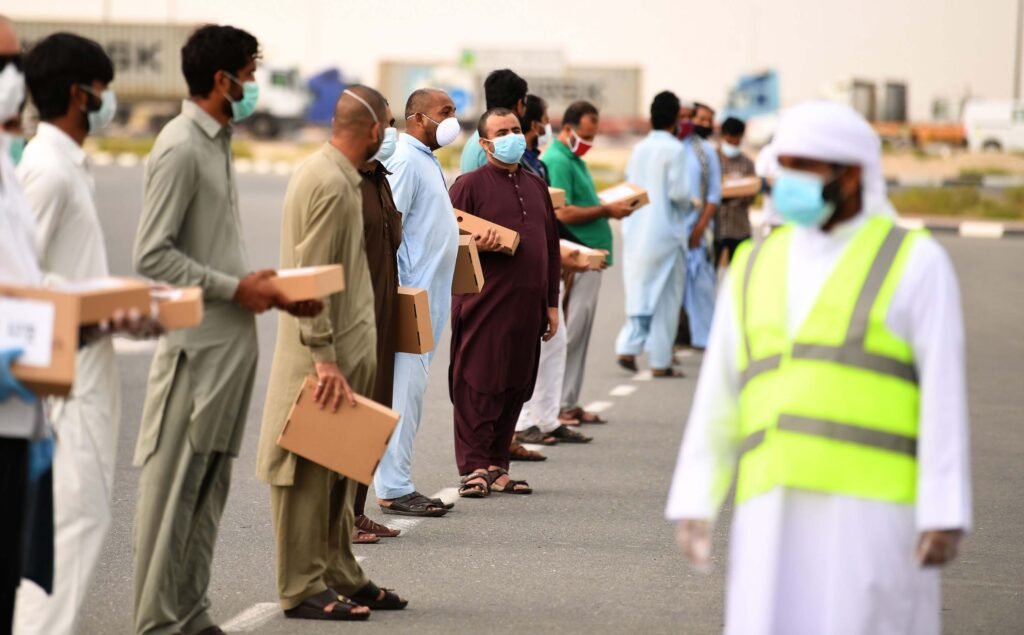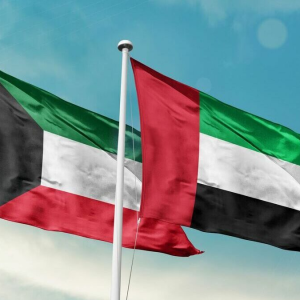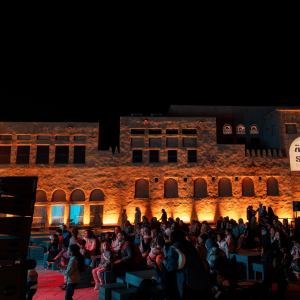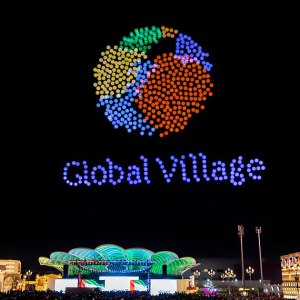When the Dubai Dream Turns into a Nightmare
Dubai, with its gleaming skyscrapers and promise of prosperity, has long been a beacon for those migrant workers seeking a better life. For many from countries like India, Pakistan, Bangladesh, and the Philippines, the city represents hope, opportunity, and the chance to uplift their families. However, beneath the city’s luxurious facade lies a stark reality faced by countless migrant workers.
The Allure of Opportunity
The promise of steady employment, higher wages, and a chance to escape poverty draws thousands to Dubai each year. Recruitment agencies often paint a rosy picture, assuring prospective workers of comfortable accommodations, fair treatment, and lucrative salaries. Families back home, driven by hope, often pool resources or take loans to fund the migration, viewing it as an investment in a brighter future.
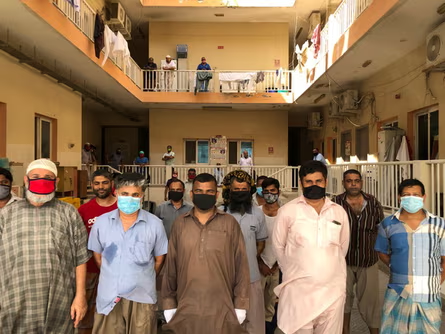
The Harsh Reality on Arrival
Upon arrival, many workers find a reality vastly different from what was promised. Employers or agents sometimes confiscate passports, restricting freedom of movement and making it difficult to leave or seek help. The kafala system, prevalent in the Gulf, ties a worker’s legal status to their employer, leaving them vulnerable to exploitation.

Living conditions can be dire. Overcrowded labor camps with inadequate sanitation are common. Workers often endure long hours in extreme heat, sometimes exceeding 50°C, with minimal breaks and insufficient hydration. Such conditions not only affect physical health but also take a toll on mental well-being.
Financial Struggles and Unfulfilled Promises
Despite the grueling work, timely and full payment is not guaranteed. Some employers delay wages or withhold them entirely, citing various reasons. This financial instability makes it challenging for workers to send money home, repay debts, or even afford basic necessities. The burden of unmet expectations weighs heavily, leading to feelings of guilt, shame, and despair.

The Emotional and Psychological Toll
Isolation, homesickness, and the pressure to support families back home contribute to mental health challenges among migrant workers. The stigma surrounding mental health, combined with limited access to counseling or support services, exacerbates the issue. Some workers, feeling trapped and hopeless, contemplate or commit suicide, highlighting the urgent need for mental health interventions.
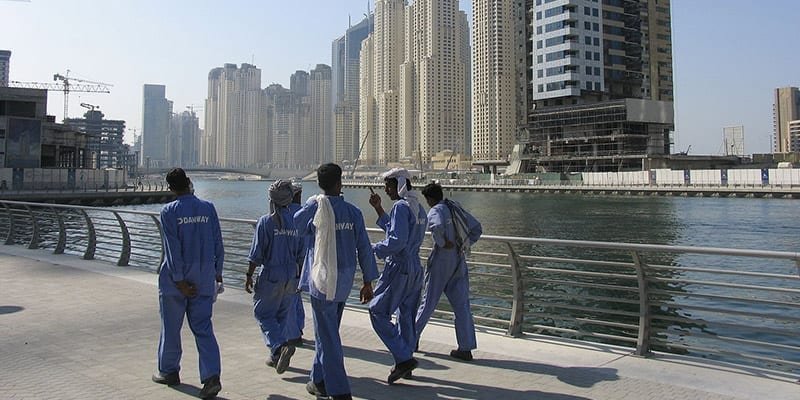
Navigating a Path Forward
While the challenges are significant, there are avenues for support and change:
- Awareness and Education: Prospective migrants should be educated about their rights, potential pitfalls, and the realities of working abroad. This knowledge can empower them to make informed decisions and recognize exploitative situations.
- Strengthening Legal Protections: Governments in both home and host countries must collaborate to enforce labor laws, ensure timely wage payments, and penalize exploitative practices. The abolition or reform of systems like kafala is crucial.
- Support Networks: NGOs, community groups, and religious organizations can play a pivotal role in providing support, resources, and advocacy for migrant workers.
- Mental Health Services: Accessible and culturally sensitive mental health services are essential to address the emotional challenges faced by workers.
Conclusion
The dream of a better life in Dubai is attainable for some, but for many migrant workers, it becomes a journey fraught with challenges, exploitation, and heartbreak. Recognizing and addressing these issues is not just a moral imperative but also essential for the sustainable development of societies that rely heavily on migrant labor. By shedding light on these hidden struggles, we can hope to pave the way for a more equitable and compassionate future for all.
Do follow UAE Stories on Instagram.

